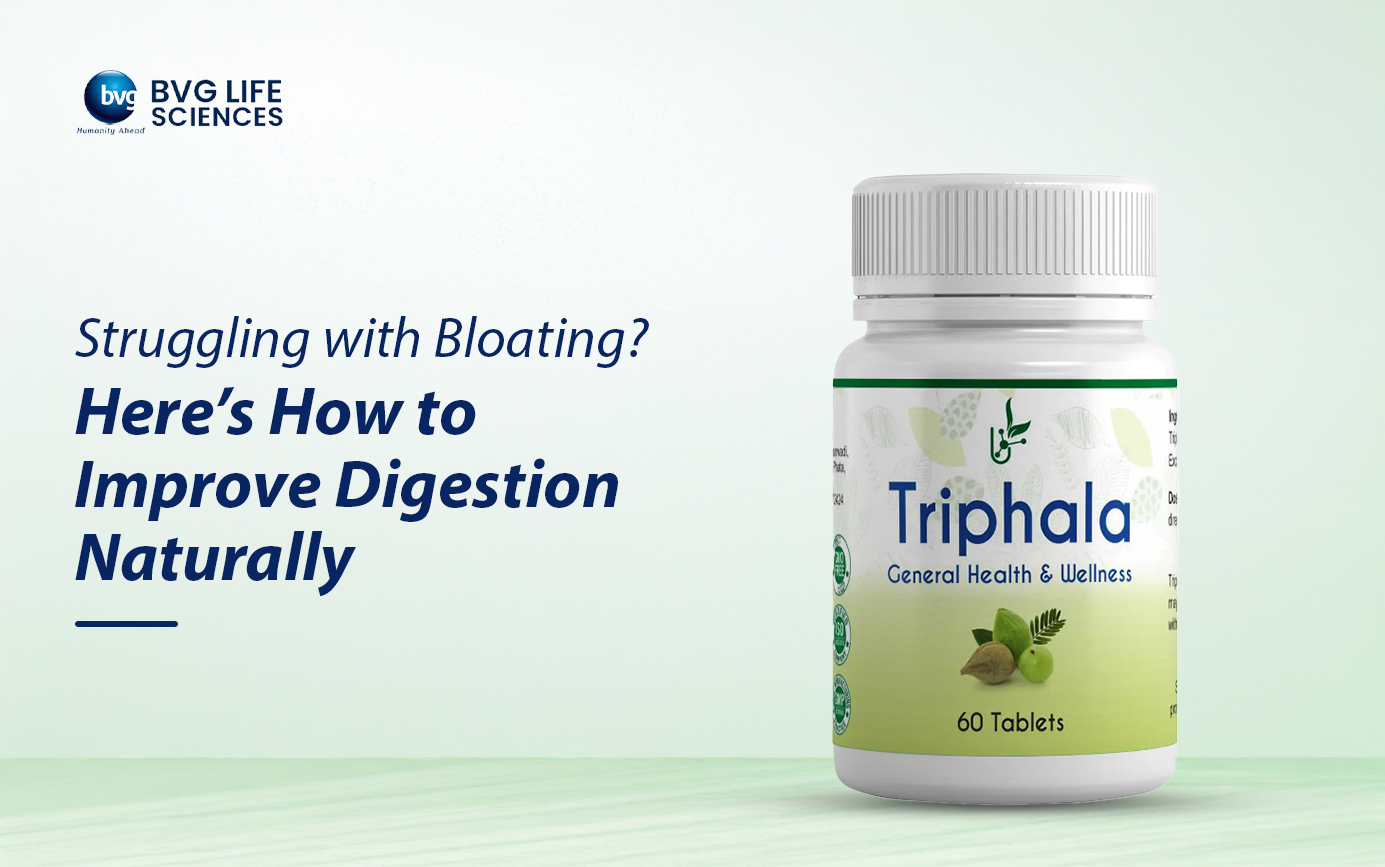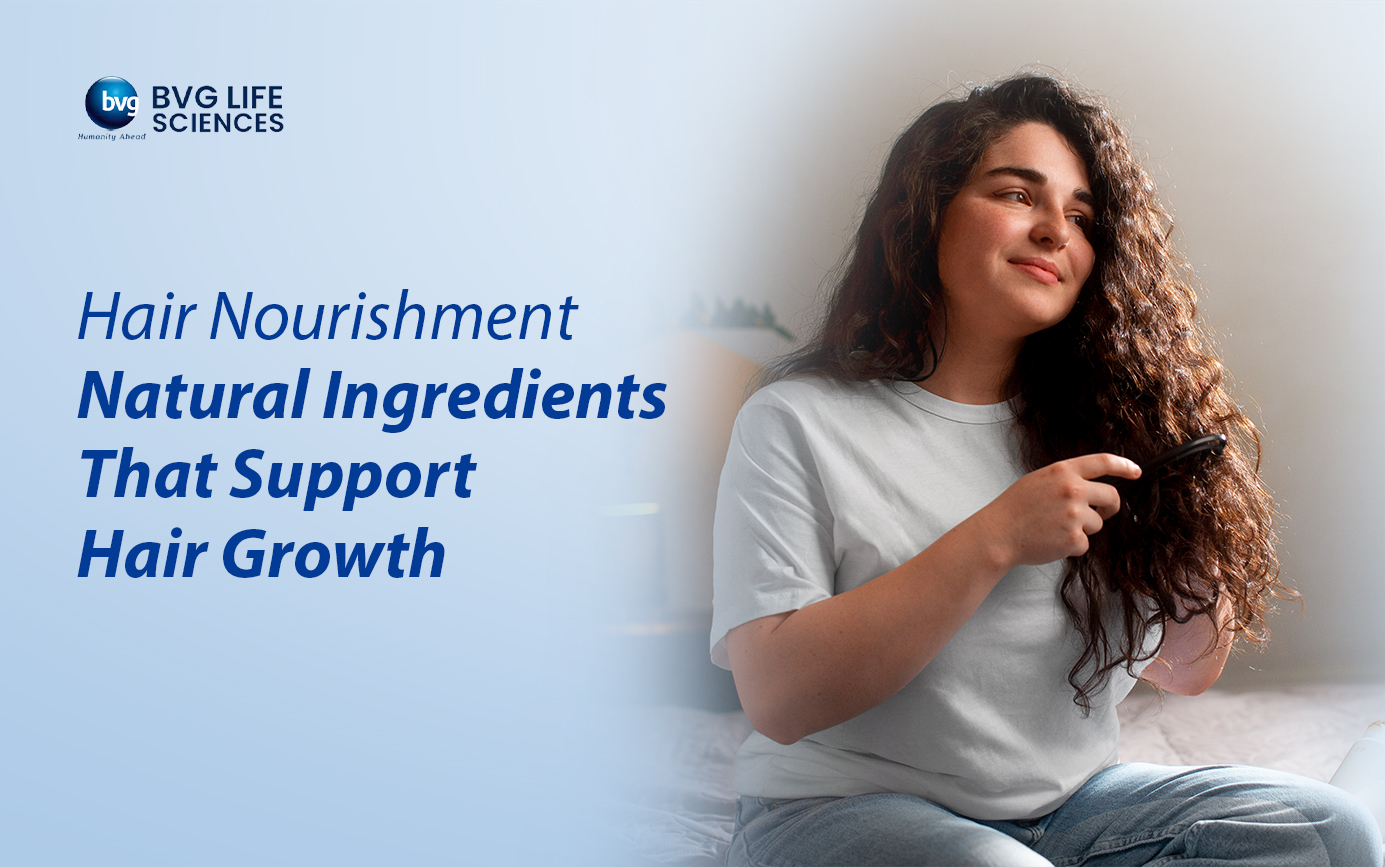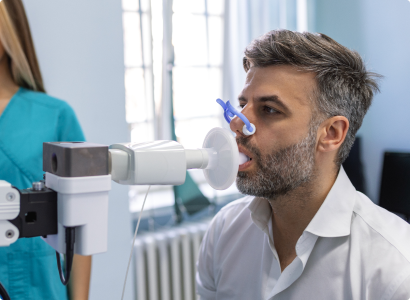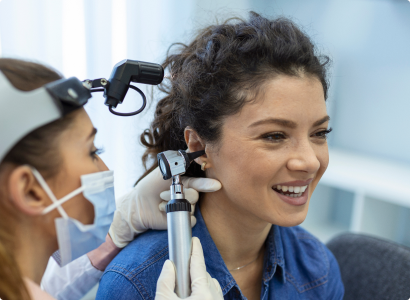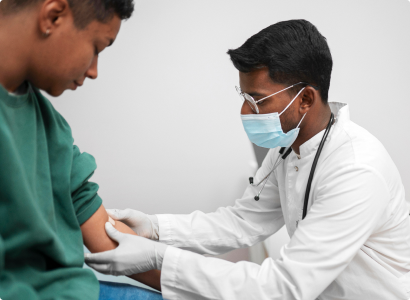Struggling with Bloating? Here’s How to Improve Digestion Naturally
Understanding Bloating and Digestion
Bloating can be an uncomfortable and frustrating issue. If you often feel puffed up, gassy, or heavy after eating, you're not the only one. Many people experience bloating from time to time. It is usually caused by digestive issues such as poor digestion, gas buildup, or food intolerances.
The good news is that there are natural ways to support digestion and relieve bloating. By making mindful changes to your eating habits, improving hydration, and using herbal options, you can support your digestive system and reduce bloating naturally. In this article, we will explore how to improve digestion through simple lifestyle and dietary adjustments.
How to Improve Digestion: Simple Changes to Your Routine
When it comes to improving digestion naturally, a few small changes can have a significant impact. These changes don’t require drastic measures but can support your digestive system and reduce bloating over time.
1. Practice Mindful Eating
Mindful eating involves being present and paying attention to your food as you eat. It may seem simple, but this practice can have a positive impact on digestion. When you eat too quickly or while distracted, your body may not process food properly, leading to bloating and discomfort.
Tips for Mindful Eating:
- Chew your food thoroughly: Properly chewing your food can help your digestive system break it down more easily.
- Eat slowly: Take your time to enjoy your meals. This allows your body to signal to your brain that you’re full, which helps prevent overeating and indigestion.
- Avoid overeating: Eating large meals can overwhelm your digestive system, leading to bloating. Instead, aim for smaller, more frequent meals throughout the day.
2. Stay Hydrated
Water is essential for digestion. Drinking enough water throughout the day helps your digestive system function well by ensuring that your body can break down food and absorb nutrients effectively. Dehydration can slow down digestion, leading to constipation, bloating, and discomfort.
Hydration Tips:
- Drink water regularly: Aim to drink at least 8 glasses of water a day. You can also include infused water with lemon for added hydration.
- Avoid excessive caffeinated drinks: While coffee and tea can be part of your routine, too much caffeine can irritate your digestive system and contribute to bloating.
- Drink warm water after meals: Warm water can assist in digestion by helping food move through the digestive tract more easily.
3. Incorporate Digestive Enzymes
Digestive enzymes are natural substances that help break down food in your stomach, making it easier for your body to absorb nutrients. Sometimes, digestive enzyme production can be low, leading to bloating and indigestion. Adding digestive enzyme-rich foods or supplements to your diet can improve digestion and reduce bloating.
Foods Rich in Digestive Enzymes:
- Pineapple: It contains bromelain, which helps break down proteins.
- Papaya: It contains papain, an enzyme that aids in protein digestion.
- Ginger: Known for its soothing effect on the digestive system, ginger helps relieve nausea and bloating.
4. Include Fiber-Rich Foods
Fiber plays an important role in digestion. It adds bulk to your stool, helping it move through your digestive tract efficiently. A lack of fiber in the diet can lead to constipation and bloating. Including a variety of fiber-rich foods in your daily meals can support digestion and prevent bloating.
High-Fiber Foods:
- Fruits: Apples, pears, and berries are great sources of fiber.
- Vegetables: Leafy greens, carrots, and squash provide plenty of fiber.
- Whole grains: Brown rice, oats, and quinoa are excellent sources of fiber.
5. Use Herbal Options for Digestion
Triphala has been used for centuries for its role in supporting digestive health. This natural blend of Amalaki, Bibhitaki, and Haritaki works with your body’s natural processes to help maintain digestive balance, encourage regular bowel movements, and assist in detoxifying the body. It may also help neutralize free radicals and reduce inflammation within the digestive system.
By supporting your body's detox processes, Triphala can help cleanse the digestive tract, promoting smoother digestion and potentially reducing bloating.
Introducing BVG Life Sciences Limited Triphala Tablet
BVG Life Sciences Triphala Tablet is a simple and convenient way to incorporate this herbal blend into your daily routine. Taking it after meals may assist in maintaining digestive balance and promoting overall digestive health. It is an easy addition to support digestion naturally, helping you maintain a well-functioning digestive system over time.
Dosage and How to Consume:
- Dosage: 1 or 2 Tablets twice a day or as directed by the Physician.
Order now and support your digestive health with BVG Life Sciences Triphala Tablets!
6. Avoid Trigger Foods
Certain foods are known to contribute to bloating and digestive discomfort. These foods can irritate the digestive system, leading to gas buildup and bloating. While each person’s triggers may be different, common culprits include:
- Beans and legumes: Known for causing gas due to their fiber content.
- Cruciferous vegetables: Vegetables like broccoli, cabbage, and cauliflower contain compounds that can lead to bloating.
- Dairy: Some people have difficulty digesting lactose, leading to bloating and discomfort.
It’s helpful to pay attention to which foods trigger your symptoms and consider reducing or avoiding them.
7. Exercise Regularly
Regular physical activity can help support digestion by increasing blood flow to the digestive system. Exercise helps food move through the digestive tract more efficiently, reducing the chances of bloating.
Types of Exercises to Aid Digestion:
- Walking: A simple walk after meals can help stimulate digestion.
- Yoga: Certain yoga poses, like the cat-cow pose or seated twist, can help relieve bloating and improve digestion.
- Light cardio: Activities like cycling or swimming can get your digestive system moving.
Final Thoughts: Small Changes for Big Results
Bloating can be uncomfortable, but with mindful eating, staying hydrated, and the right lifestyle changes, you can support your digestive health naturally. Incorporating Triphala and eating fiber-rich foods can further promote balance and reduce bloating. Small daily adjustments can make a big difference in maintaining a healthy digestive system.
FAQs
Q1. How does mindful eating affect digestion?
Ans: Mindful eating helps you chew your food thoroughly and eat slowly, allowing your body to process food properly and reduce bloating.
Q2.Can drinking warm water help with digestion?
Ans: Yes, warm water can help to relax the digestive tract and encourage smoother digestion after meals.
Q3.How long should I wait to exercise after eating?
Ans: It’s best to wait 30-60 minutes after eating before engaging in any physical activity to allow your body to begin digesting the food.
Q4. Is it okay to take Triphala daily?
Ans: Triphala can generally be taken daily, but it’s important to follow the recommended dosage or consult with a healthcare provider for personalized advice.


